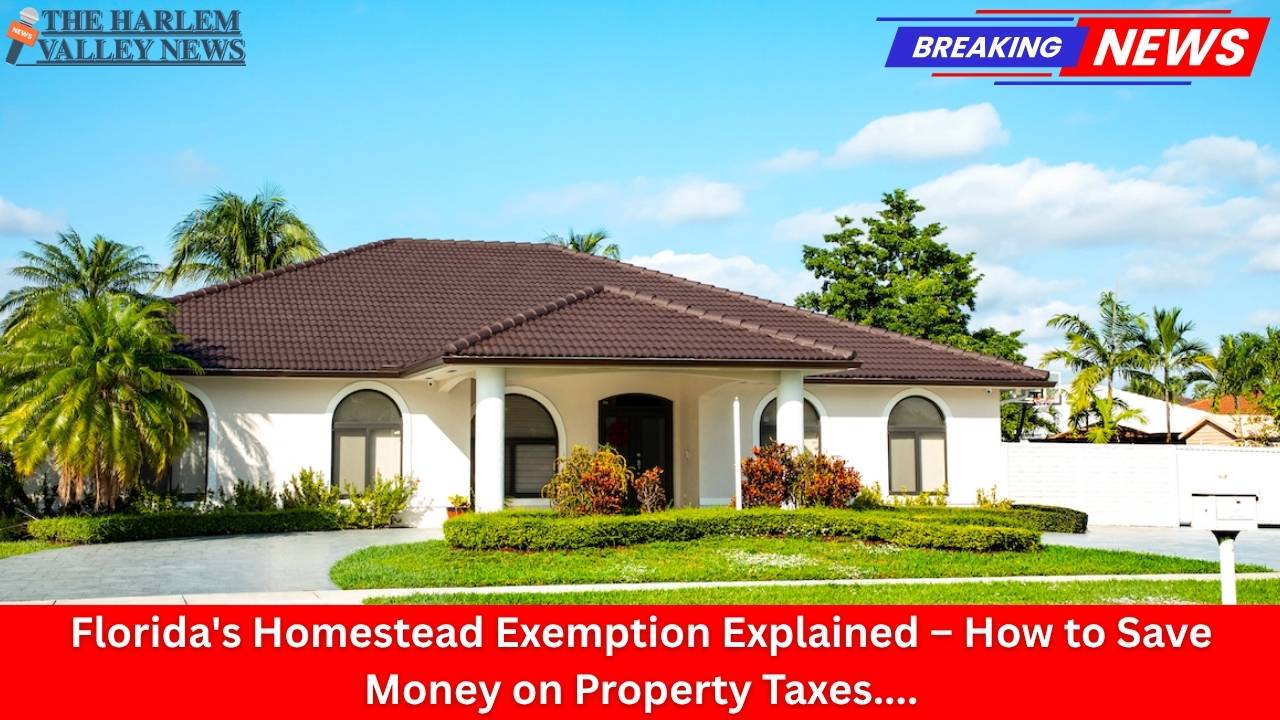Florida is well-known not just for its sunny weather and beautiful beaches but also for its homeowner-friendly property tax laws. One of the most significant tax benefits for Florida residents is the Homestead Exemption. This exemption can drastically reduce the taxable value of your primary residence, leading to substantial savings on annual property tax bills. Understanding how the Florida Homestead Exemption works, who qualifies, and how to apply is key for homeowners and for those considering relocating to the Sunshine State.
What is the Florida Homestead Exemption?
At its core, the Florida Homestead Exemption is a legal provision within the state’s constitution that allows homeowners to exempt up to $50,000 of the assessed value of their primary residence from property taxes. The exemption serves as both a financial relief tool and a way to protect homeowners from rising property taxes due to increasing property values.
| Exemption Benefit | Amount |
|---|---|
| Initial Exemption | Up to $25,000 off assessed value for all property taxes |
| Additional Exemption | $25,000 more off for assessed values between $50,000 and $75,000 (non-school taxes) |
| Save Our Homes (SOH) Cap | Limits annual increase in assessed value to 3% or the CPI, whichever is lower |
| Portability Provision | Ability to transfer SOH benefit when moving within Florida |
How the Exemption Saves You Money
Florida property taxes are calculated based on the “assessed value” of your home, which may differ from the current market value. The Homestead Exemption lowers this assessed value, so you are only taxed on the portion of your home’s value that remains after the exemption is applied. For example, if your home is assessed at $150,000, the Homestead Exemption could reduce your taxable value to as low as $100,000, depending on which portions of the exemption you qualify for.
In practical terms, this exemption can save the average Florida homeowner hundreds – and in some cases, thousands – of dollars every year. The savings are even greater when combined with local taxing authority exemptions, such as those offered to seniors, veterans, widows/widowers, and those with disabilities.
Who Is Eligible for the Florida Homestead Exemption?
The most basic requirement is that the property must be your permanent residence as of January 1 of the tax year. The exemption is not available for vacation homes, investment properties, or rental properties.
There are a few important points on eligibility:
-
You must be a legal US or permanent resident, or a qualified beneficiary.
-
The property must be owned by you, either outright or through certain trust agreements.
-
You must have made the home your permanent residence by January 1 of the year you apply.
-
The exemption applies to single-family homes, condos, mobile homes, and some co-ops.
Any attempt to claim multiple Homestead Exemptions across states or for more than one Florida property is prohibited and will be subject to penalty.
Application Process and Deadlines
Applying for the Homestead Exemption is free and somewhat straightforward. You must file an application with your county property appraiser, typically between January 1 and March 1 of the tax year for which you want the exemption. Even if you purchase a home late in the year, you’ll need to establish permanent residency by January 1 and apply by March 1 for your exemption to take effect that year.
Applicants should have documentation handy, such as a Florida driver’s license, vehicle registration, voter ID, and utility bills that show the property as your primary residence.
In most cases, once the exemption is granted, it automatically renews each year unless there is a change in property ownership or usage. However, some counties may send out annual renewal cards to confirm your status.
Additional Protections: Save Our Homes (SOH) and Portability
Florida’s Homestead Exemption comes with additional long-term protections through the “Save Our Homes” Amendment. Once your homestead is established, the assessed value of your property can only increase by a maximum of 3% per year or the percentage change in the Consumer Price Index (CPI), whichever is less. This limit helps shield homeowners from sharp increases in property taxes during periods of rising real estate values.
Perhaps equally significant, Florida allows homeowners to transfer their “Save Our Homes” benefit to a new primary residence anywhere within the state – a concept known as “portability.” Portability ensures that your tax savings are not lost when you move, making downsizing or relocating within Florida more financially attractive.
Is the Exemption Right for You?
For almost every permanent Florida resident, it makes sense to file for the Homestead Exemption. The reduction in annual property taxes is substantial, and the “Save Our Homes” provision offers protection from fluctuating real estate markets. Homestead status offers additional protections too, such as shielding your home from certain creditors.
However, those who maintain a primary residence elsewhere, non-residents, or those seeking tax relief for investment properties are not eligible. It’s also important to notify the property appraiser’s office if your residency status changes or you sell your home, as failure to do so can result in hefty penalties.
Recent Changes and Special Circumstances
Florida’s property tax laws, including aspects of the Homestead Exemption, are occasionally adjusted by voter referendums or legislative action. For example, some recent enhancements have enabled senior citizens, disabled veterans, and first responders to receive even greater exemptions. Be sure to check with your local property appraiser for the most current requirements and additional credits for which you may qualify.
Florida’s Homestead Exemption offers one of the most effective ways for homeowners to save money on property taxes and protect their residence from dramatic tax hikes in a rising market. By understanding your eligibility, applying on time, and keeping up with changes, you can make the most of this generous tax benefit – and enjoy the peace of mind that comes with it.













Leave a Reply